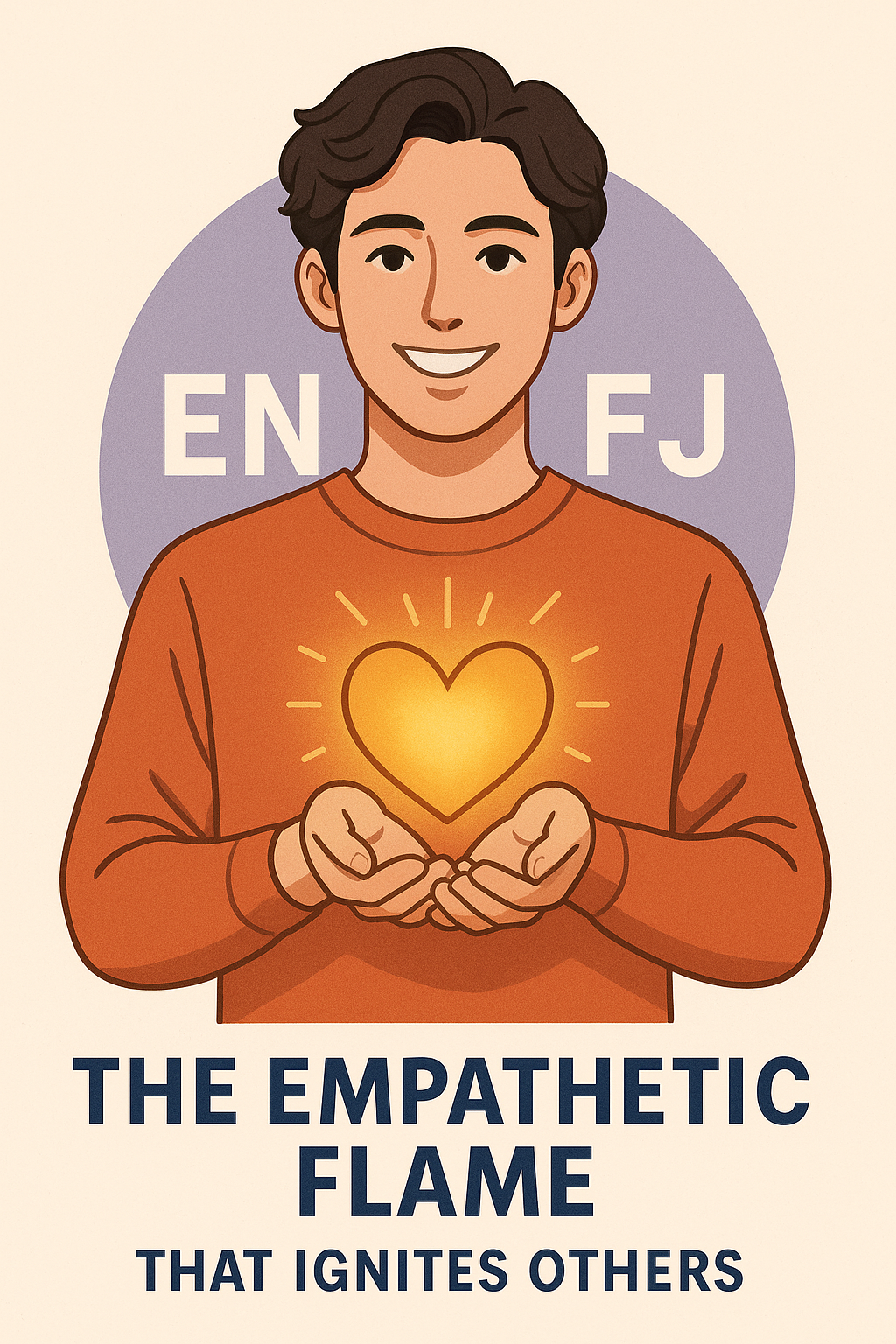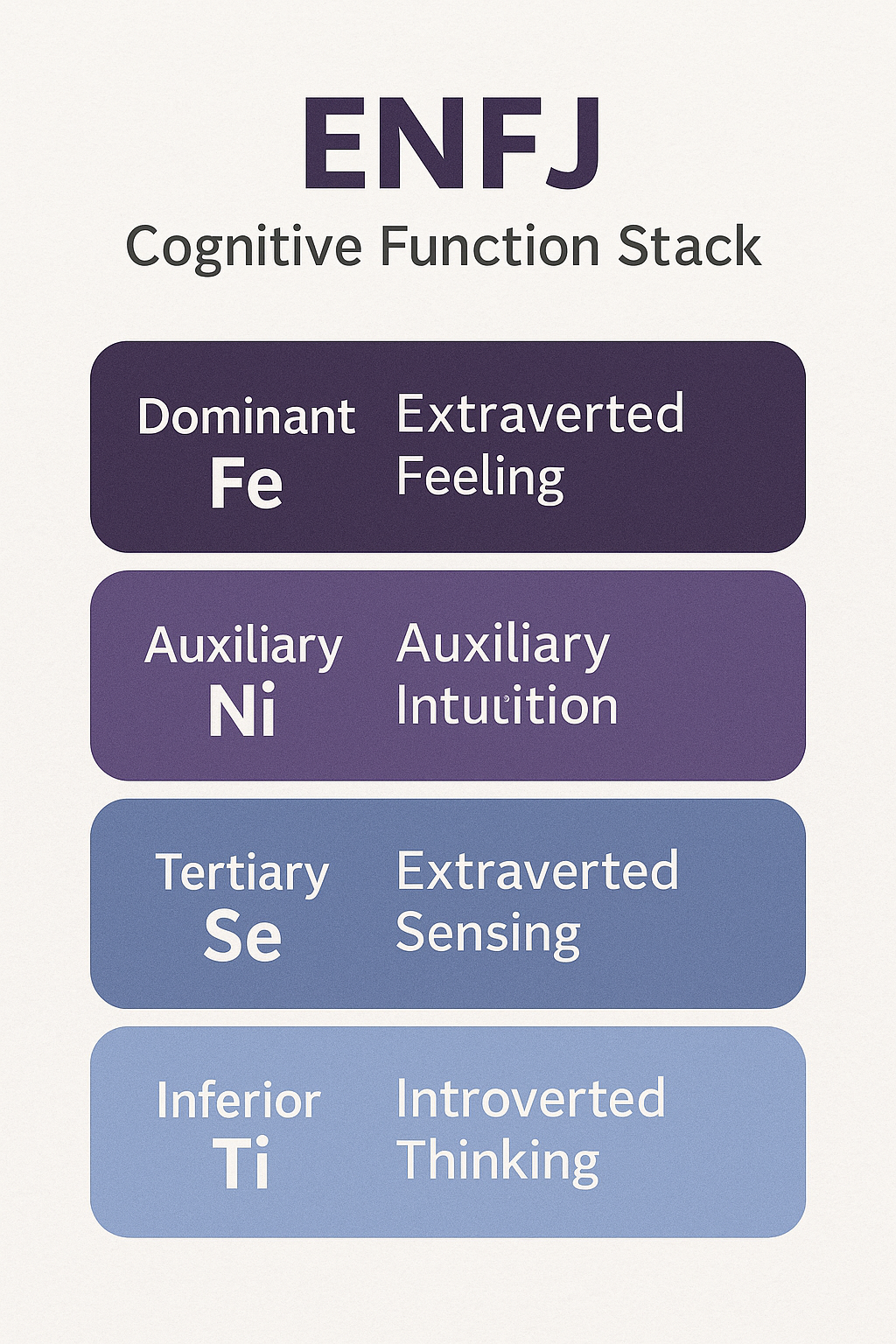"Others first, always"—
You've wrapped the world in that kindness.
But maybe, deep down, there were moments when you needed help more than anyone.
Without realizing it, you've made yourself wait—
your needs, your voice, always placed second.
You feared saying "I need help" would burden someone else,
so you carried it all alone.
But the warmth you've given others—
that was real love.
Even if no one ever noticed, your words, your expressions—
they still live in someone's heart.
Please remember: you, too, are worthy of being loved.
You matter, even when you're not giving.
Never forget that.
And with that same strength—
please, offer some of that love to yourself, too.


